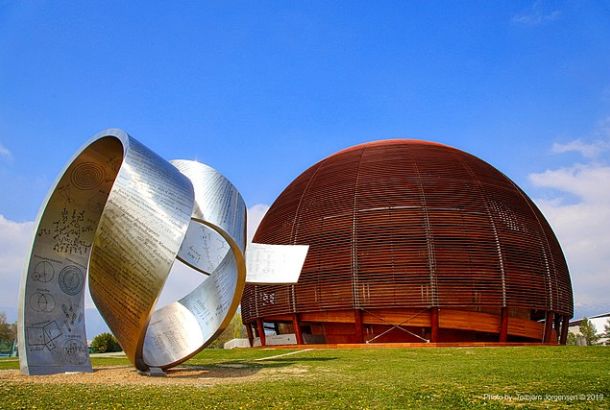Gene linked to athletic ability
We all know that genes determine who we are, where we come from and whether we’re prone to certain diseases, but now it seems they may also be used to predict our athletic ability. Recent research suggests that genetics may significantly influence top athletes’ chances of securing an Olympic gold medal in London 2012 this summer.
Studies have shown strong links between elite athletic ability and variants of the gene ACTN3, which produces the muscle protein ‘alpha-actinin-3’. Different types of actinin are known to coordinate contraction in skeletal muscle fibres, however alpha-actinin-3 is only expressed in fast-twitch fibres, and specifically produces powerful forces at high speed. The presence of certain ACTN3 variants in elite sprinters suggests that alpha-actinin-3 has an important role to play in high speed athletic performance, and may be a major factor in determining whether individuals are better suited to speed or endurance events.
Individuals with either one or two of the R type ACTN3 gene (similar to X or Y chromosomes) produce alpha-actinin-3, showing enhanced performance in high speed and power events. On the other hand, those possessing two copies of the X allele do not produce the protein, and have better capabilities in endurance sports.
Alpha-actinin-3 deficiency (the ‘XX’ form of ACTN3) is commonly seen in a wide variety of healthy people; approximately 25% of the Asian population, and 18% of Europeans show complete absence of the protein, compared to <1% in African Bantu speaking regions. These figures show that the function of the ACTN3 gene is evolutionarily redundant, though researchers from the University of Sydney, Australia suggest that producing alpha-actinin-3 confers a specialist selective advantage in certain environments. This reflects how alpha-actinin-3 may have enabled our ancestors to flee from predators or catch prey, however the necessity for this protein has now been eradicated in an evolutionary trade-off between speed and endurance.
In December 2011, Exercise and Sport Scientist Dr. Alun Williams from Manchester Metropolitan University, and collaborators published research showing that the ACTN3 R variant was significantly more prevalent in elite sprint skaters, whereas those possessing the X variant preferred long-distance skating events. In the past 10 years, increasing evidence from other universities around the world have also linked different variants of ACTN3 to enhanced abilities in either speed or endurance events such as football, swimming, sprint and marathon.
Interestingly, parents now have the opportunity to utilise genetic screening to determine whether their children have higher potential in either speed or endurance sports. This knowledge can be applied to nurture infant’s abilities in specific physical disciplines. Since 2008, the Atlas Sports Genetics company from Boulder, Colorado have been cashing in on the knowledge that ACTN3 variants can potentially be used to determine whether speed or endurance sports would be best suited to certain individuals. For only $149, DNA taken from a saliva sample can be used to determine whether people are best suited to one or the other.
Although it seems ACTN3 has a large part to play in determining our potential athletic ability, other genes such as that encoding angiotensin-converting enzyme, are also thought to contribute to physical fitness and performance. The challenge for scientists is now to unravel the complex interactions of these various genetic systems. What remains clear is that possessing such genetic advantages only predispose an individual to athletic success. The correct environmental stimuli such as intensive training and sensible dieting are still required to reach the potential held within our genes. Some of us may be born to be athletes, but the road to success is still as long and arduous as it ever was.







